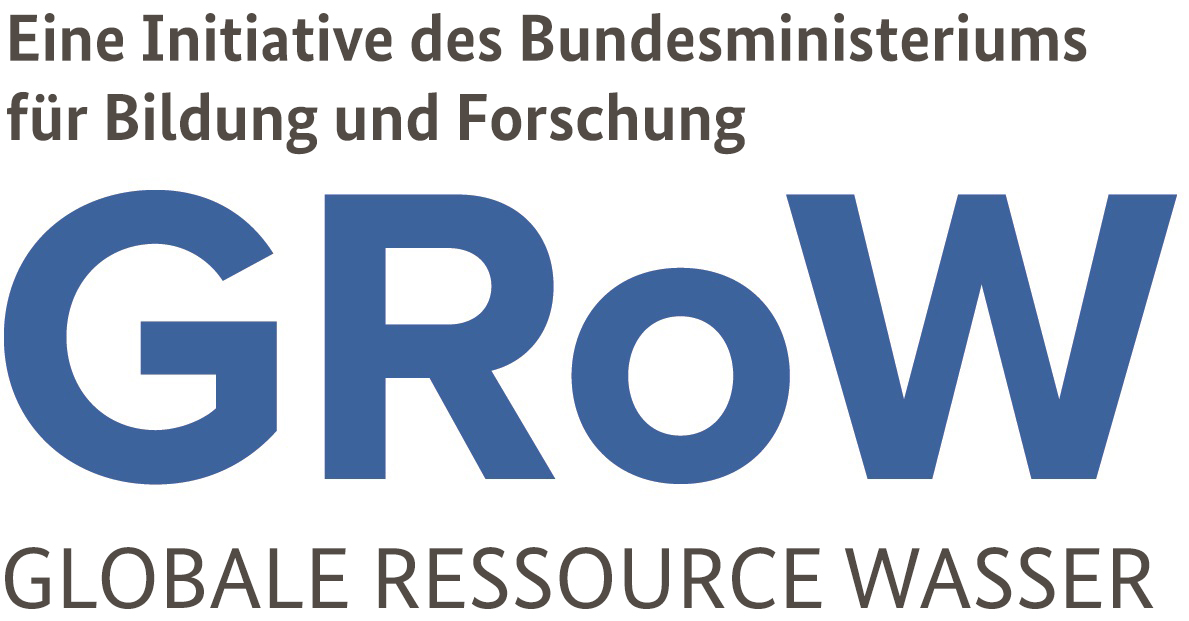The BMBF funding measure “WavE” shows at its final conference in Berlin how additional water resources can be generated through recycling and desalination
| Date |
Date
|
On December 3 and 4, 2019, the final conference of the measure “Future-oriented Technologies and Concepts to Increase Water Availability by Water Reuse and Desalination (WavE)”, funded by the Federal Ministry of Education and Research (BMBF), took place in Berlin. The 13 collaborative WavE-projects presented their results from three years of research and highlighted pathways towards a more sustainable water supply for households, industry and agriculture.
In regard to the conference, Federal Research Minister Anja Karliczek pointed out that the pressure on global water resources will increase in the upcoming decades. This is why there is a need for innovative technologies for water recycling. The BMBF’s research therefore pursues the goal of increasing the amount of water available in regions facing water shortages, and at the same time boosting innovations in the field of environmental technologies ‘made in Germany’.
Against this background, researchers within the BMBF funding measure WavE have developed new processes and concepts for the treatment of municipal wastewater, which can then e.g. be used for irrigation in agriculture. Furthermore, improved membrane filters contribute to a more efficient and sustainable treatment of salt water. The water obtained through these desalination processes can ultimately be used for drinking water supply as well as for agricultural and industrial purposes. In addition, the researchers developed processes that allow the recycling of residual materials, such as salts from desalination.
The complete press release on the final conference is available here (in German only) and further information on WavE here.
